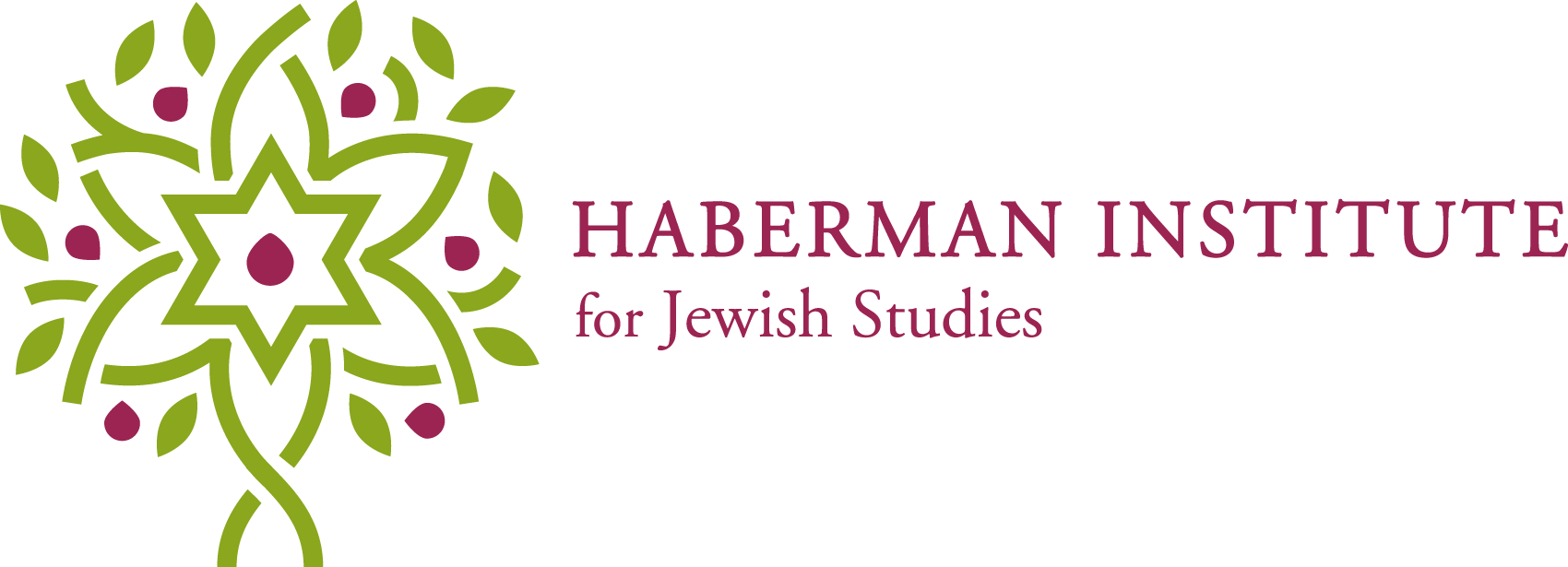Presented by Rabbi Mira Wasserman
Director of the Center for Jewish Ethics, Associate Professor of Rabbinic Literature at the Reconstructionist Rabbinical College
It has been 160 years since the Emancipation Proclamation and the legacy of slavery in America continues to shape society, politics, and culture. Today, there is a backlash against scholars, teachers, and activists who seek to reckon with racism and with slavery's long shadow.
Can the Jewish ethical tradition illuminate the problem of slavery?
In this talk, Rabbi Wasserman will address the complicated legacy of slavery within our Jewish texts: On the one hand, our central story of the Exodus celebrates liberation from slavery; on the other, biblical and rabbinic texts relate to slavery as an enduring institution within law and society.
While Jewish texts do not provide clear answers, they might offer a model for how to confront enduring problems of injustice.
Registration is no longer open for this program.
Click on our Program Recording Archive to enjoy the recording at your leisure.
Mira Beth Wasserman’s work as a rabbi and scholar bridges Talmud study, community building, and the pursuit of social justice. Wasserman is director of the Center for Jewish Ethics and Associate Professor of Rabbinic Literature at the Reconstructionist Rabbinical College.
Wasserman’s research focuses on the art of the Babylonian Talmud and on how the Talmud can be deployed to support contemporary Jewish ethics. Her book, Jews, Gentiles, and Other Animals: The Talmud after the Humanities, is an exploration of what it means to be human according to the Talmud; it was awarded the Salo Baron Prize for the best first book in Jewish studies published in 2017. She is currently at work co-editing an introduction to Jewish ethics for the Brandeis Library of Modern Jewish Thought.
In connection with the Ethics Center, Wasserman engages in public scholarship on race, gender, and Jewish ethics. In 2021, she was awarded a grant from the National Endowment for the Humanities to support new research and develop curricula on race, religion, and American Judaism.
Wasserman is Rabbi Emerita of Congregation Beth Shalom in Bloomington, Indiana, where she served for over a decade and where her work in education led to the publication of a children’s book, Too Much of a Good Thing.
Her doctorate in Jewish Studies is from the University of California at Berkeley, her rabbinic ordination is from the Hebrew Union College-Jewish Institute of Religion, and she is an alumna of the Wexner Graduate Fellowship. She has a Bachelor of Arts in Hebrew Literature from the Jewish Theological Seminary and a Bachelor of Arts in American Studies from Barnard College.


